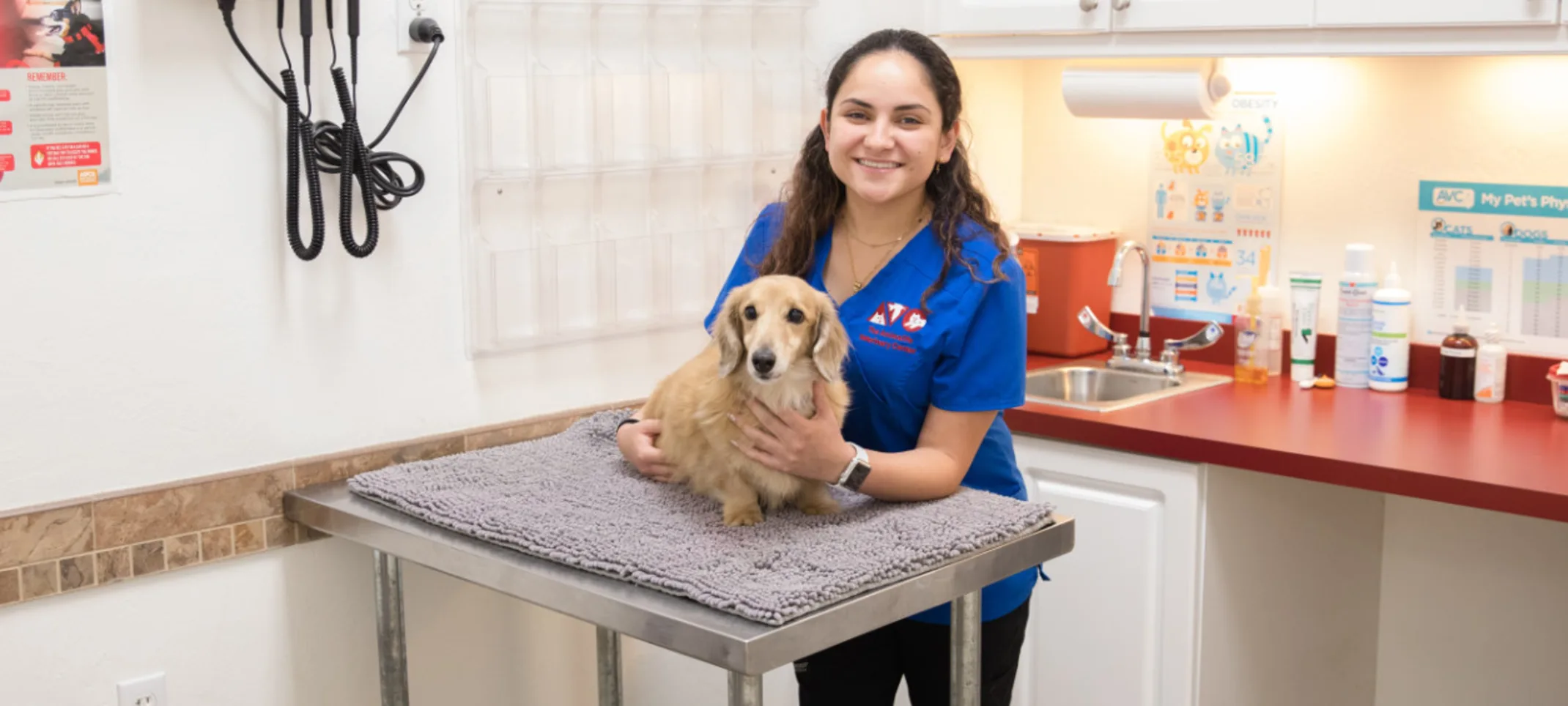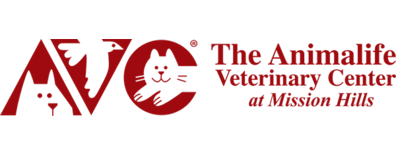The Animalife Veterinary Center at Mission Hills
Spay & Neuter
While spay and neuter surgery can help your pet avoid unwanted pregnancies, it can also prevent them from developing cancer and other conditions related to staying “intact.”

Cat and Dog Spay and Neuter in Naples, FL
While spay and neuter surgery can help your pet avoid unwanted pregnancies, it can also prevent them from developing cancer and other conditions related to staying “intact.” The Animalife Veterinary Center at Mission Hills recommends spaying and neutering to aid the well-being of dogs and cats everywhere. Call us today at (239) 435-1222.
How Spaying and Neutering Improves Your Pet's Life
From a long-term perspective, spaying or neutering your pet can be a life-saving surgery that provides a variety of health and behavioral benefits including:
Spaying
No heat cycle or spotting
Less risk of bacterial infections
Little or no desire to roam
Vocalizing (especially in cats) and pacing reduced
Less risk of developing cancer or other reproductive diseases
Neutering
Less aggression
Few or no roaming impulses
Can help to reduce or prevent the spread of sexually-transmitted diseases
Reduces behaviors such as mounting, fighting, and marking/spraying
Less risk of developing prostate and testicular cancers
Caring for Your Pet After Their Spay or Neuter
Spay and neuter are some of the most frequently-performed surgeries, but we take them just as seriously as any other invasive procedure. Every pet is given pain relief tailored to their health, age, and size, and kept under close monitoring while under anesthesia. After their surgery, it’s important to:
Keep your pet as mellow and contained as possible (i.e., minimize activity) for the next week to ensure that their incision heals well
Do not give your pet a bath or allow them to go swimming until after their sutures have been removed
Check your pet’s incision daily for swelling, redness, ripped sutures, discharge, and odor
Watch your pet and make sure they don’t lick, chew, or scratch at their sutures—we can recommend an e-collar or close-fitting garment to cover the area
Monitor your pet’s eating and drinking habits
Let us know if your pet is moving gingerly and showing signs of pain, or having other issues related to their surgery
We are here 6 days a week to answer your questions and help you (and your pet) through their recovery. Just call (239) 435-1222 to speak with one of our team members.
